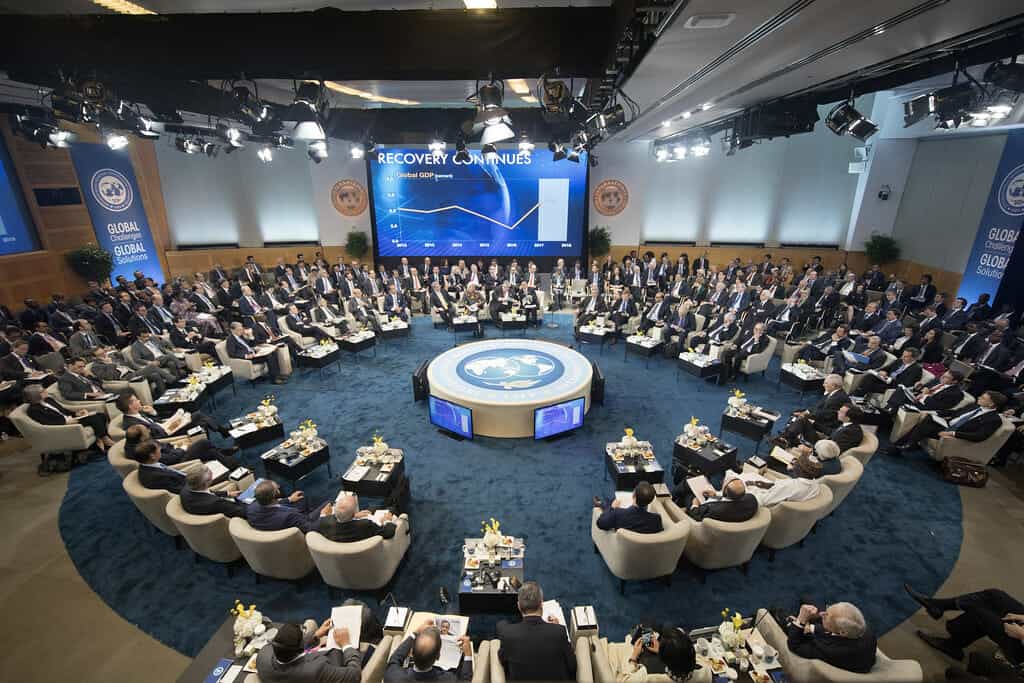Governments should avoid using general subsidies as a way to soften the blow from recent high energy prices, the IMF said on Wednesday, October 13.
Broad subsidies are expensive, so policymakers instead should use targeted aid to help low-income families most impacted from the recent surge, said Paulo Medas, of the IMF’s Fiscal Affairs Department.
Generalized energy subsidies “benefit rich households who don’t need the support,” making them very costly, Medas told reporters.
In addition, “they are not friendly to the environment, in fact they lead to very negative incentives.”
The IMF recommends “using more targeted support to those that are more vulnerable, and the hardest hit,” including cash transfers or subsidizing electric bills for low-income families.
Oil prices have been surging in recent weeks to the highest levels seen in years, pushing above $80 a barrel, which has added to worries that inflation may be moving higher permanently.
Medas said the increase was expected to some degree as global demand rebounded amid the recovery from the Covid-19 pandemic, but he underlined the IMF’s push for countries to move to more green energy.
“The reality is that we have faced these large volatilities in oil and gas prices for a long time. And the only way to deal with this in a permanent way” is to invest more in renewable energy, he said.
“This is going to be the only way to build a resilient economy, and protect households from the volatility in oil and gas prices.”








